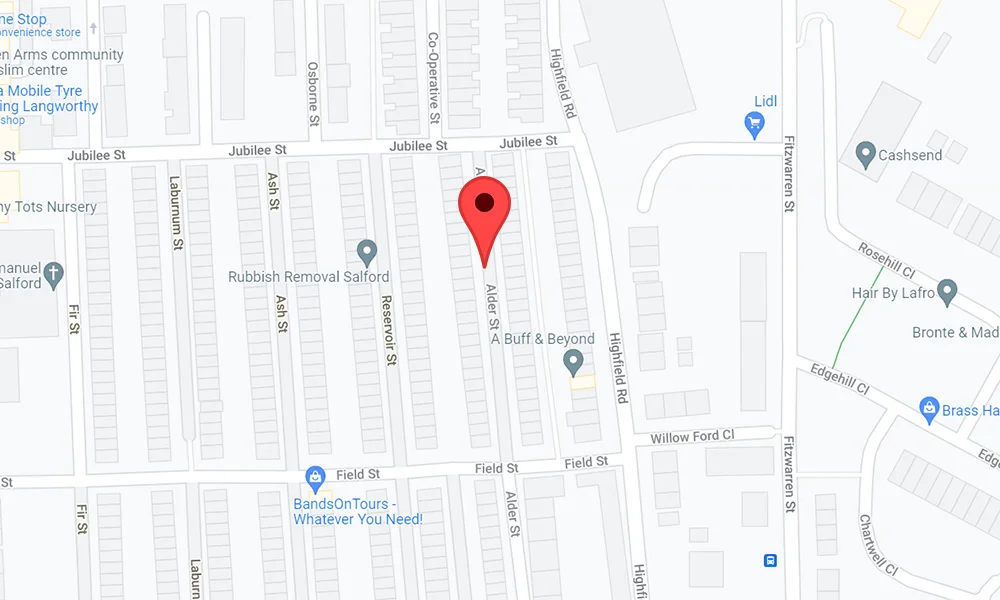Obesity is a major public health concern across the world. Dietary interventions for weight loss have always been considered the first step in obesity management. Although rapid weight loss strategies remain appealing to individuals with obesity, it has been hypothesized that gradual weight loss may produce superior changes in body composition and anthropometric indices. A gradual weight loss approach may produce better long-term weight management as compared to rapid weight loss, which is unlikely to be sustained.
Dietary interventions for weight loss have always been considered the first step in obesity management
The prevalence of obesity has been increasing worldwide over the past 50 years and obesity is now a significant public health challenge. In 2016, around 13% of the world's adult population was classified as obese and 39% as overweight. By 2030, it is projected that excess bodyweight will present a loss of 26–55 million quality-adjusted life years for USA and UK combined. Obesity is a major risk factor for a range of long-term health conditions, such as cardiovascular disease, cancer, and diabetes mellitus, that account for significant morbidity and mortality worldwide. The COVID-19 pandemic has revealed further alarming associations between the prevalence of obesity and increased susceptibility to health risks, highlighting yet again the severity of the obesity crisis. If rising obesity rates are not dealt with, obesity-related health conditions will continue to place an enormous burden on health care systems and their resources.
Dietary interventions for weight loss (WL) have always been considered the first step in obesity management. Accordingly, a variety of dietary interventions for weight loss (WL) have been suggested. Numerous strategies are based on the distribution of macronutrients such as low-carbohydrate/ high-fat, high-carbohydrate/low-fat, or low-carbohydrate/high protein diet, as well as manipulation of energy balance to promote either gradual or rapid weight loss. Although rapid weight loss strategies remain appealing to individuals with obesity, it has been hypothesized that gradual weight loss may produce superior changes in body composition and anthropometric indices. In the scientific literature, some researchers and professional organizations have recommended a gradual weight loss (WL)approach, contending that gradual weight loss may produce better long-term weight management as compared to rapid weight loss, which is unlikely to be sustained.
Gradual weight loss leads to greater fat mass loss
It is hypothesized that slower weight loss (WL) leads to greater fat mass loss, and therefore gradual weight loss (WL)diets may better preserve fat-free mass and resting metabolic rate.
Previous studies have shown that obesity is a risk factor for all-cause mortality and fatal cardiovascular events. Moreover, increases in body fat may result in distinct disease risk as compared to increases in body mass index (BMI) alone. It has been posited that gradual weight loss may increase the proportion of weight lost as fat mass.
Preservation of muscle mass accompanied by fat mass loss is the ideal outcome following dietary weight loss (WL). In practice, weight loss achieved through a calorie-reduced diet decreases fat mass and fat free mass, the latter of which contains the majority of skeletal muscle. In individuals with overweight or obesity, fat free mass contributes approximately 20–30% to total weight loss. It is well-established a gradual weight loss has been suggested to be better preserve fat free mass. Some studies reported that rapid weight loss (WL) diets are suboptimal for fat free mass preservation.
In conclusion, gradual weight loss (WL) is associated with greater loss of fat mass (FM) and body fat percentage (BFP), as well as enhanced maintenance of resting metabolic rate (RMR), in participants with overweight and obesity.
Karimi, H.
Master of clinical Nutrition & Dietetics
Reference
- Ashtary Larky D, et al. Effects of gradual weight loss vs rapid weight loss on body composition and resting metabolicrate: A systematic review and meta-analysis. Downloaded from Cambridge.org.2020.
- -Berry R, et al. Does self-monitoring diet and physical activity behaviors usingdigital technology support adults with obesity or overweight tolose weight? A systematic literature review with meta-analysis. Obesity Reviews.2021.

